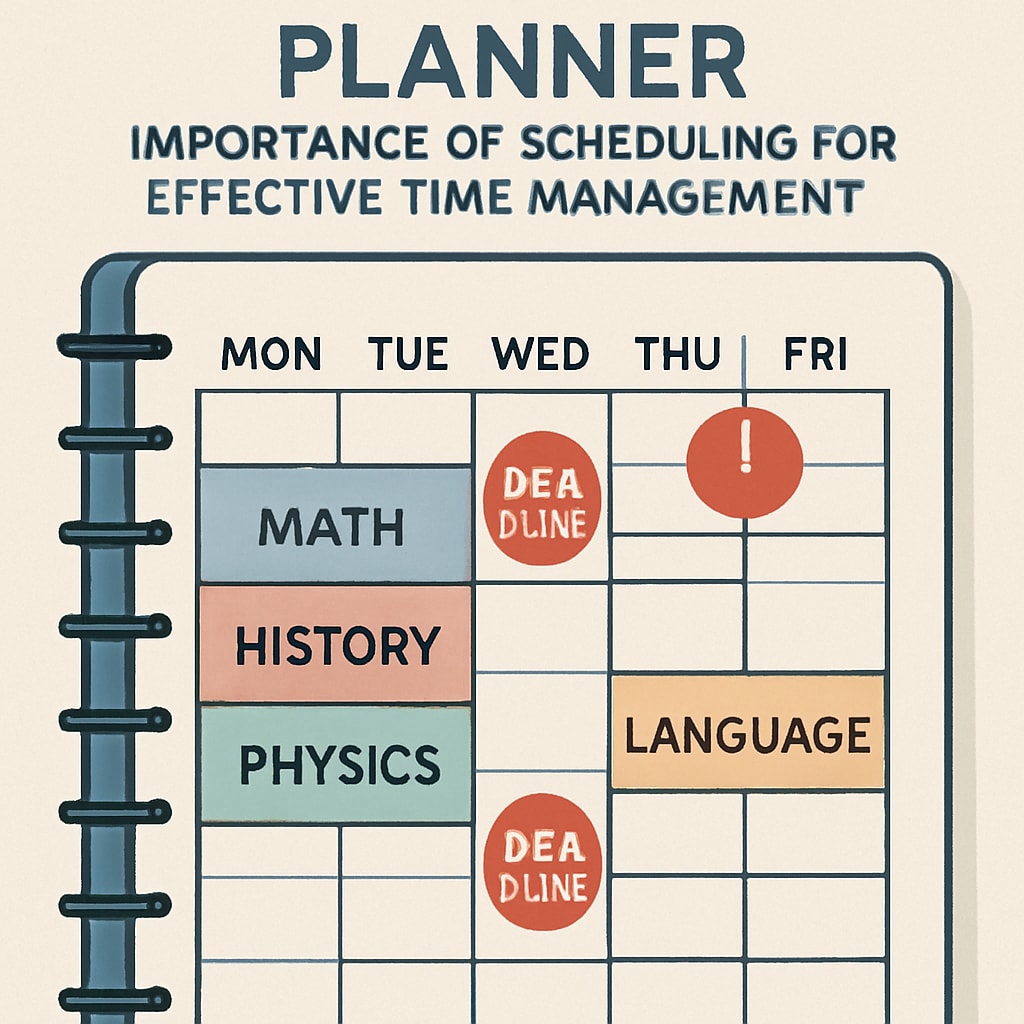Managing physics backlogs while juggling time constraints and personal obligations can feel overwhelming. However, with effective time management, focused exam preparation, and the right mindset, you can turn this challenge into a growth opportunity. In this article, we will explore actionable strategies to help students tackle multiple physics backlogs efficiently and regain control over their academic journey.

Understanding the Challenge of Physics Backlogs
Physics is a subject that demands both conceptual understanding and problem-solving skills. Falling behind can create a domino effect, as each topic often builds on the previous one. To address this, it’s essential to first assess the scope of your backlogs. List all pending topics, prioritize them based on their importance in upcoming exams, and identify the root causes of your delays. This clarity will form the foundation for your recovery plan.
For example, if mechanics or electromagnetism has been a sticking point, you may need to revisit foundational concepts before tackling advanced problems. Resources like Physics on Britannica can provide reliable explanations to strengthen your understanding.
Time Management: The Key to Overcoming Physics Backlogs
Time management is crucial when working under pressure. Start by evaluating your daily schedule and identifying time slots for undisturbed study. Use techniques like the Pomodoro Method, which recommends focused 25-minute study intervals followed by short breaks, to maintain productivity and avoid burnout.
Here are some practical time management tips:
- Create a Study Schedule: Allocate specific time blocks for each physics topic. Be realistic about how much you can cover in a day.
- Avoid Multitasking: Focus on one topic at a time to ensure deeper understanding.
- Utilize Dead Time: Use waiting periods or commute time to review flashcards or watch short tutorial videos.

Effective Exam Preparation Strategies for Physics
Exam preparation for physics requires a blend of theoretical revision and practical problem-solving. Start with your prioritized list and allocate more time to high-weightage topics. Use the following methods to maximize your learning:
- Summarize Key Concepts: Write concise notes for formulas, laws, and definitions. Summaries improve retention and provide quick references during revision.
- Practice Problems: Dedicate time to solving numerical problems and past exam papers. This will help you apply theoretical knowledge and identify areas for improvement.
- Leverage Online Resources: Platforms like Physics on Wikipedia offer tutorials and practice questions for extra support.
In addition, consider group study sessions to exchange ideas and clarify doubts. Teaching a concept to a peer can further reinforce your own understanding.
Maintaining a Positive Mindset and Managing Stress
Balancing physics backlogs with personal obligations can take a toll on your mental well-being. It’s important to acknowledge your progress and focus on the tasks at hand rather than dwelling on past delays. Here are some tips to stay motivated:
- Set Small Goals: Break your study plan into achievable milestones and celebrate each success.
- Practice Self-Care: Get adequate sleep, eat nutritious meals, and take short breaks to recharge.
- Seek Support: Talk to teachers, family, or friends for encouragement and guidance.
Remember, overcoming physics backlogs is not just about completing tasks but also about building resilience and learning strategies that will serve you in the future.
Final Thoughts
Physics backlogs, time management, and exam preparation may seem daunting, but with a structured approach, you can surmount these challenges. By understanding your priorities, optimizing your schedule, and maintaining a positive mindset, you will be better prepared to tackle your academic goals. Start today, and let every step bring you closer to success.
Readability guidance: Use short paragraphs and concise lists to summarize key points. Transition words like “however,” “therefore,” and “for example” ensure smooth reading flow. Avoid excessive passive voice and maintain an active, engaging tone.


